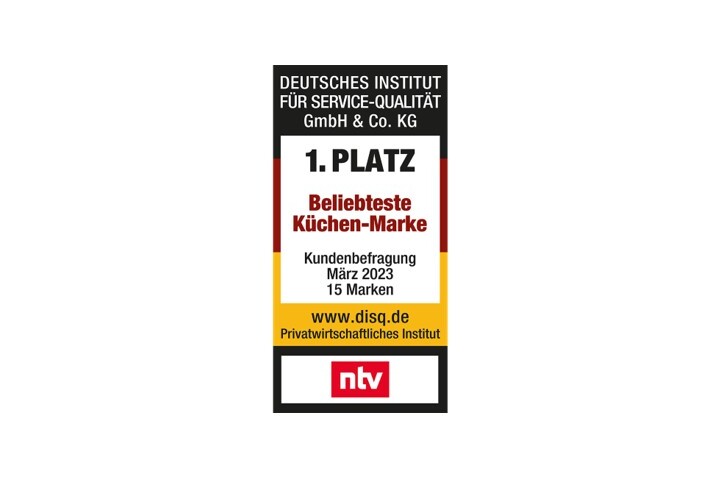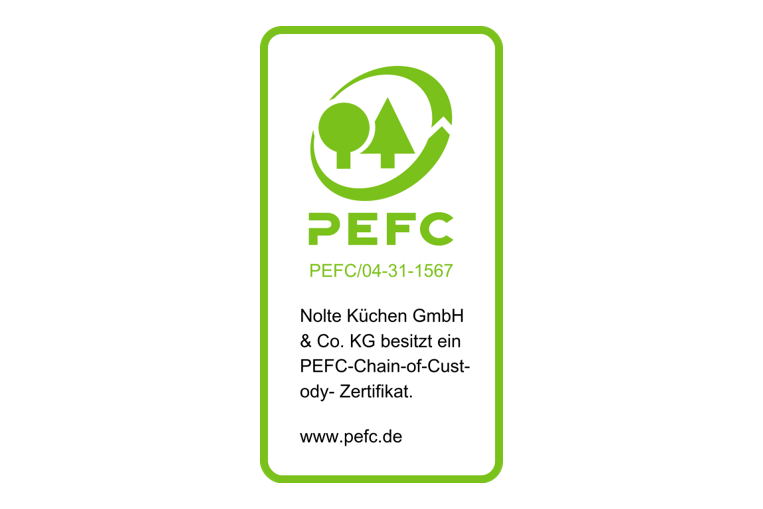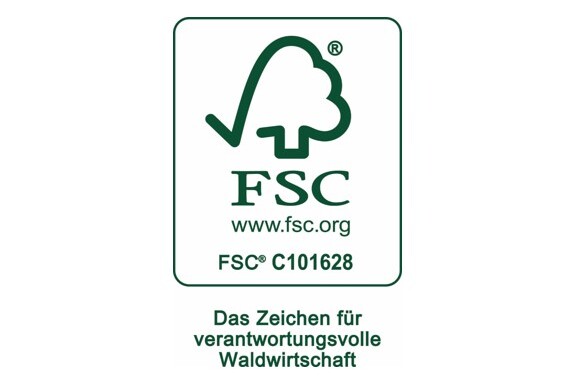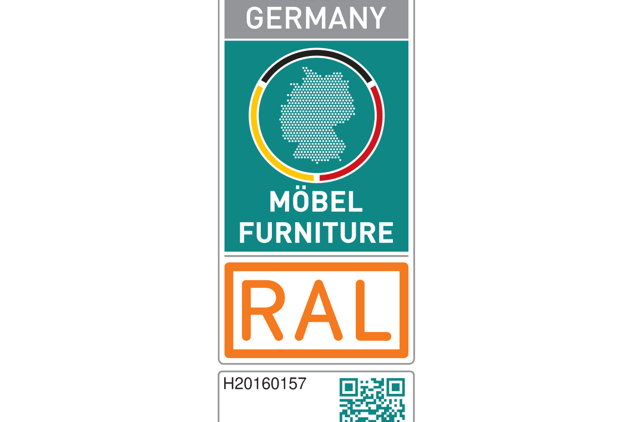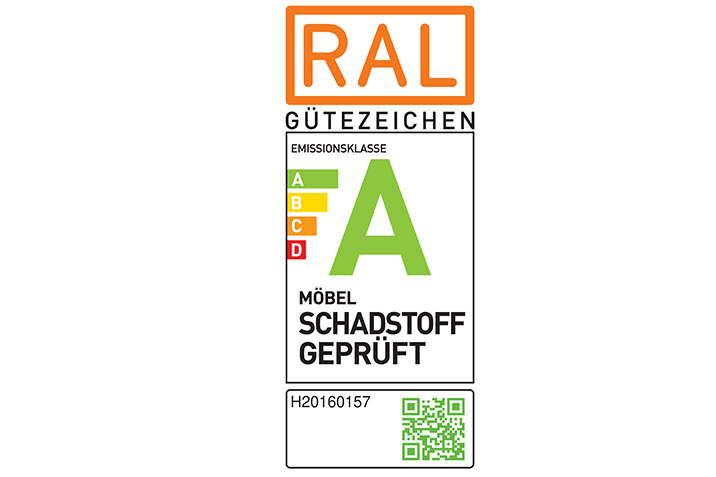We don’t see sustainability as a trend. For us, sustainability means treating people, the environment and nature with respect.
What, exactly, does sustainability actually mean in a company? The first thing that comes to mind probably is climate and environmental protection. But sustainable economic activities go much further. If we as a sustainable kitchen manufacturer want to develop a long-term strategy, we need to challenge all of our actions. A sustainability report that we have complied with the regulatory requirements of the Corporate Sustainability Reporting Directive (CSRD) helps us to do this. The report makes transparent what Nolte Küchen stands for: high quality and longevity, which lead to a sustainable use of resources, but also the appreciative relationship with our employees and suppliers have been deeply rooted in our company since its founding in 1958. Four pillars support our sustainability strategy and go way beyond what we can document with certificates.
If we want to make sustainability an inherent part of our company the management needs to set a clear course. Our values provide orientation. Among them are high quality, good value for money, modern aesthetics and a sustainable product. They also include trust, reliability and continuity, which reflect in long-standing partnerships with suppliers, for example, who become a part of us through their work. This is why we need to make sure that they observe certain rules, such as the ones we have compiled in our Supplier Code. We need resilient structures and processes to meet statutory requirements and reach our goals. As a sustainable kitchen manufacturer, we also need the feedback of everyone involved to perform in such a way that you as our customer are satisfied..
Norms and certificates
European norms help us maintain high standards. DIN EN ISO 9001 regulates our quality management for development, production and sales, DIN EN ISO 50001 our energy management. We monitor our electricity consumption to see where we can save money and avoid CO2 emission. In 2010 we were the first German kitchen manufacturer with both PEFC (PEFC/04-31-1567) and FSC® (FSC-C101628) -certification for ecological, socially acceptable forestry and still have both seals today.
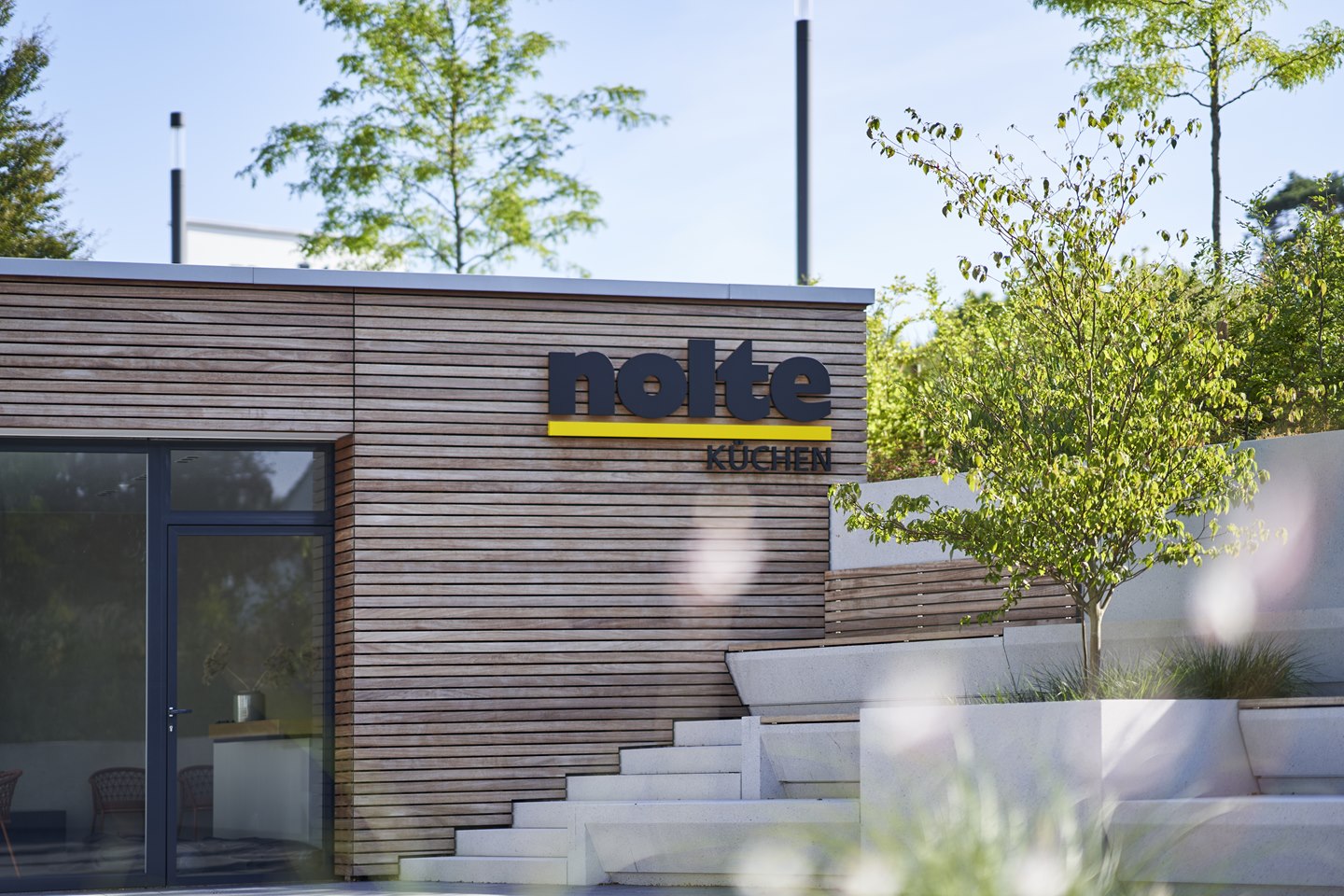
Stakeholder engagement
As a mid-tier company, we have a social, ecological as well as an economical responsibility. Many people – our stakeholders – have an entitlement to us doing a good job. This also includes you when you buy a kitchen! We encourage togetherness and communication in order to integrate all our interest groups and support them in the best possible way. We are also active in various industry associations.

Compliance and risk avoidance
A responsible and lawful behaviour is important so that we as a kitchen manufacturer have sustained success. Discrimination, human rights, data and environmental protection, corruption, price rigging, faulty products – compliance is imperative everywhere. Each area is analysed systematically. Trainings also help us avoid risks. For 2023, the year of our report, we a delighted to announce that there were no compliance infringements!


Our commitment to the environment
Global warming, the dependency on energy prices, scarce resources – these are challenges we want to master with the help of a good sustainability strategy. We already obtain the majority of the wood we process from certified sustainable sources that fulfil the FSC® (FSC-C101628), PEFC™(PEFC/04-31-1567) and TSCA criteria. We support suppliers with their own certification processes, keep routes of transportation as short as possible and avoid unnecessary journeys by holding meetings online, working from home or encouraging people to come to work by bike. Brochures, such as our sustainability report, are available as paperless versions. These are all little steps but they add up and are important for us as a sustainable kitchen manufacturer. Our long-term goal is to make our products climate-neutral too. We are confident that we will succeed – because as a company, we are already there!
Nolte Küchen is climate-neutral
Electricity was our major source of emission. We reduced our consumption and also switched to eco-power from renewable energies on 1 January 2021. CO2 that we cannot avoid, we compensate for by supporting wind energy projects. Renewable energies and their expansion are essential for a greener world tomorrow. This commitment earns us the title of climate-neutral company.

Saving energy
Having metered this, we know: although we make more kitchens today than we used to we consume less energy. We are more efficient. Over 98 percent of the warmth needed comes from two boilers where we burn offcut wood. With lighting we followed the example of our kitchens, which are equipped with sustainable LEDs, and changed the lamps in our offices and factory buildings. You, too, need over 50 per cent less energy this way!

Resource management
On average, our particle boards include 61 per cent recycled material. The machines used for sawing are energy efficient and precise. This reduces the amount of offcut wood. Packaging our furniture we rely on thinner foil, avoiding waste and disposing of it in a proper manner. Should something get broken in the kitchen we have spare parts to repair it. After all, the best way to go easy on resources is high quality!


Our commitment at human level
A sustainable development is possible only when there are people who contribute to it and further it with their ideas. This is why our employees are our most treasured asset and an important pillar in our sustainability strategy. Being respectful and fair with each other is very important to us and we keep a very close eye on the around 300 suppliers working for us in many countries, making sure they also abide by industrial laws and human rights. When our team is fine, when it is motivated to participate, when new trainees are eager to apply and stay with us for many years then we have done something right. A good work-life balance, health and training opportunities are among the things that, to us, constitute a sustainable kitchen manufacturer.
Health and safety
Our team needs a safe working environment. In order to maintain productivity in all areas of the company we as a manufacturer with sustainability goals need to reduce absenteeism. Everyone wins when we not only succeed in keeping our employees healthy and therefore able to work but even manage to improve their health. This we achieve by offering sports and rehabilitation programmes, ergonomic workplaces and trainings.

Equal opportunities for all
Nolte Küchen excludes nobody and speaks many languages. We signed the Diversity Charta Charta der Vielfalt as early as 2011. The compatibility of work and personal life contributes to equal job opportunities. Flexible worktimes, part-time arrangements and working independent of place are reasons why employees choose us as an employer. We pay union wages. This, too, is fair and facilitates happiness and productivity.

Qualification and training
We offer continuous training for professional advancement. Job starters find an ideal environment to kick off their career. Nolte Küchen is BEST PLACE TO LEARN® with really good facilities! We provide all sorts of classes depending on individual goals and focus and document the progress. This is also to your benefit because excellently trained, qualified employees are part of the recipe for premium, sustainable kitchen furniture.


Our commitment to society
As a major employer in our region, we have been deeply rooted on the town of Löhne and its surroundings ever since 1958. Whole families have been working for us – grandparents, parents and grandchildren. This binds us together and leads to great attachment. Nolte Küchen itself is a family enterprise, already in its fourth generation today. Therefore, a diverse social commitment is a natural part of our sustainability strategy. With local and nationwide projects, we not only support our own region but also strengthen Germany as a whole. We stand by our employees, campaign for education and help children in need. In a crisis we donate money and items, which we forward to the respective recipient in a direct and need-based manner.
Nationwide donations
People in emergency situations concern us. Via the children’s rights organisation Plan International we support refugees arriving at their place of refuge. We also promote the international activities of Kinder in Not e. V. (children in need) and back up trainees by cooperating with educational institutions. In the field of sports engagement, we provide sponsorships to various regional sports clubs in the vicinity of Löhne Melle. This way, the clubs often benefit from new uniform sets for their teams or from new sports facilities.
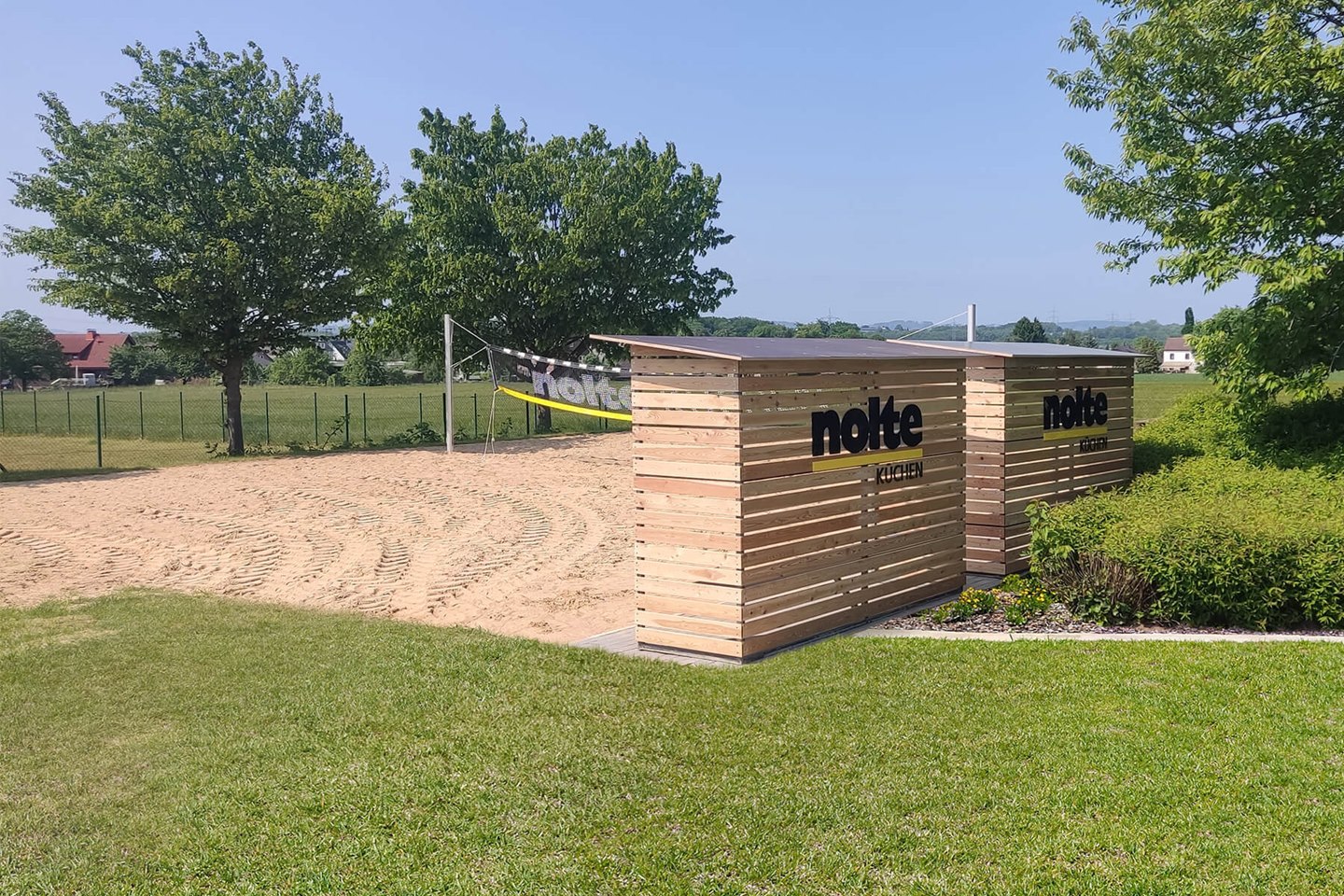
Regional donations
We support employees by taking over the cost for language courses. With monetary donations to the company-affiliated Karin Nolte Foundation and local associations such as the Lion’s Club in Löhne we show our commitment to children and families in our region. We are happy to make our rooms in the NOLTE FORUM available to local organisations and participate in sporting activities in order to generate donations. Furthermore, last year Nolte employees organized a reforestation project, planting over 1,400 trees in the Teutoburg Forest and thus contributing to environmental protection.





